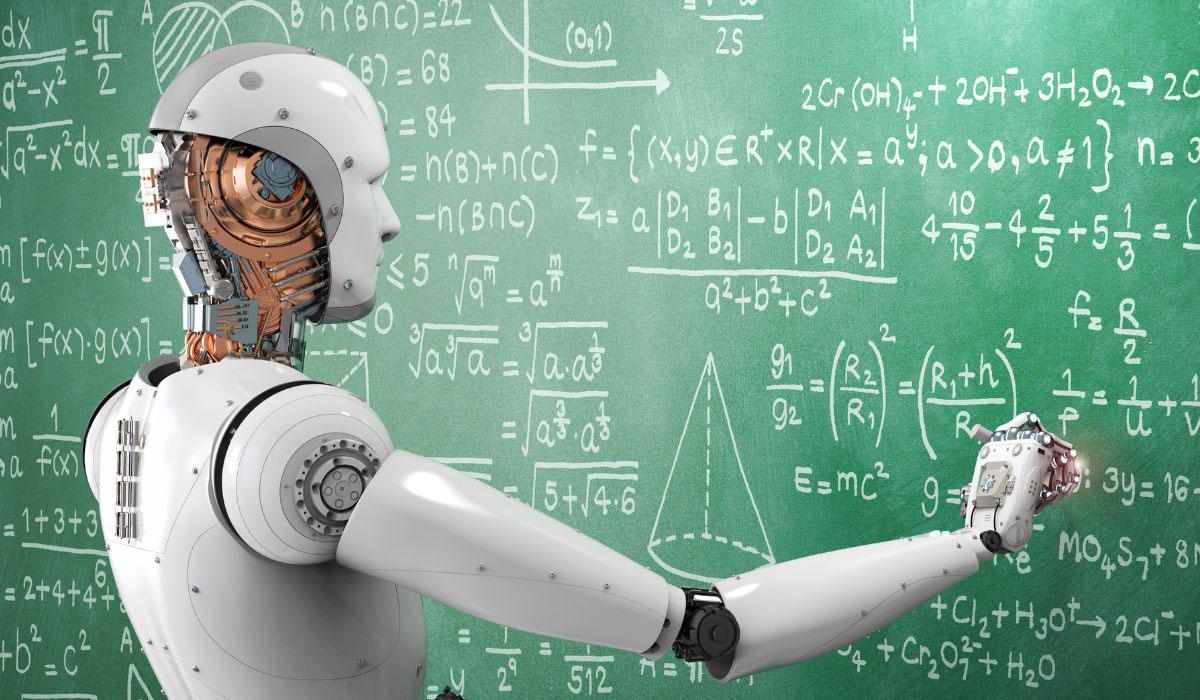
Riyadh, Saudi Arabia (Enmaeya News) — Artificial intelligence is changing many industries around the world, and education is no different. From personalized learning to helping with school work, AI is changing classrooms and the roles of teachers and students.
But experts warn there could be problems, especially for young children, as AI use in schools grows.
AI tools are becoming more common in schools. A 2024 report by UK group Internet Matters says about 44% of children use AI now, and 54% have used it for school assignments.
The report, called “Artificially Intelligent? Children’s and parents’ views on generative AI in education,” also found that 60% of teachers use AI every day to help with their work.
This increase in AI use is part of a worldwide trend. Market research from Allied Market Research says the market for AI education tools will grow from $2.5 billion in 2022 to $6 billion by the end of 2025.
In Saudi Arabia, the government supports AI in many areas, including education. The Saudi Authority for Data and Artificial Intelligence was set up in 2019 to encourage innovation and make the Kingdom a leader in data-driven business.
Education experts say AI helps make learning personal by giving students content that fits their needs. They say AI can adjust lessons to a child’s pace and style, helping them understand difficult ideas better. AI tutoring programs also give quick feedback and support outside of class.
Experts add that AI tools make learning more fun by using games and interactive lessons.
Outside the classroom, AI helps with paperwork and planning, giving teachers more time to work with students. Automated grading and data analysis save valuable time.
Still, some experts warn about using AI too much, especially for young kids.
Health and education specialists say early brain development is very important. They warn that using AI and devices too much could hurt this growth. They explain that from birth to age 5, children’s brains grow fast and they learn how to think, solve problems, speak, and understand the world.
Experts support AI in higher education but do not recommend it for children under 6. They say young children’s bodies and brains are still developing and too much AI use could cause behavior and mental health problems.
They also mention possible health risks from long exposure to radiation from AI devices, which may harm the brain, ears, and eyes, especially in babies and young kids.
Despite these worries, experts say AI is now an important part of education and research. They call this the age of science and technology. Digital education makes knowledge easy to reach and gives everyone equal access to learning materials.
Experts also say AI helps people keep learning new skills throughout life, preparing students for changing jobs. They stress the need to use AI carefully and at the right times, saying it works better in high schools and universities than in early grades. They warn that too much digital learning in young kids may replace real-world experiences and reduce human contact.
In general, experts agree that a balance is needed. AI should help, not replace, traditional teaching. This way, students still get the benefits of working with teachers and learning by doing.



